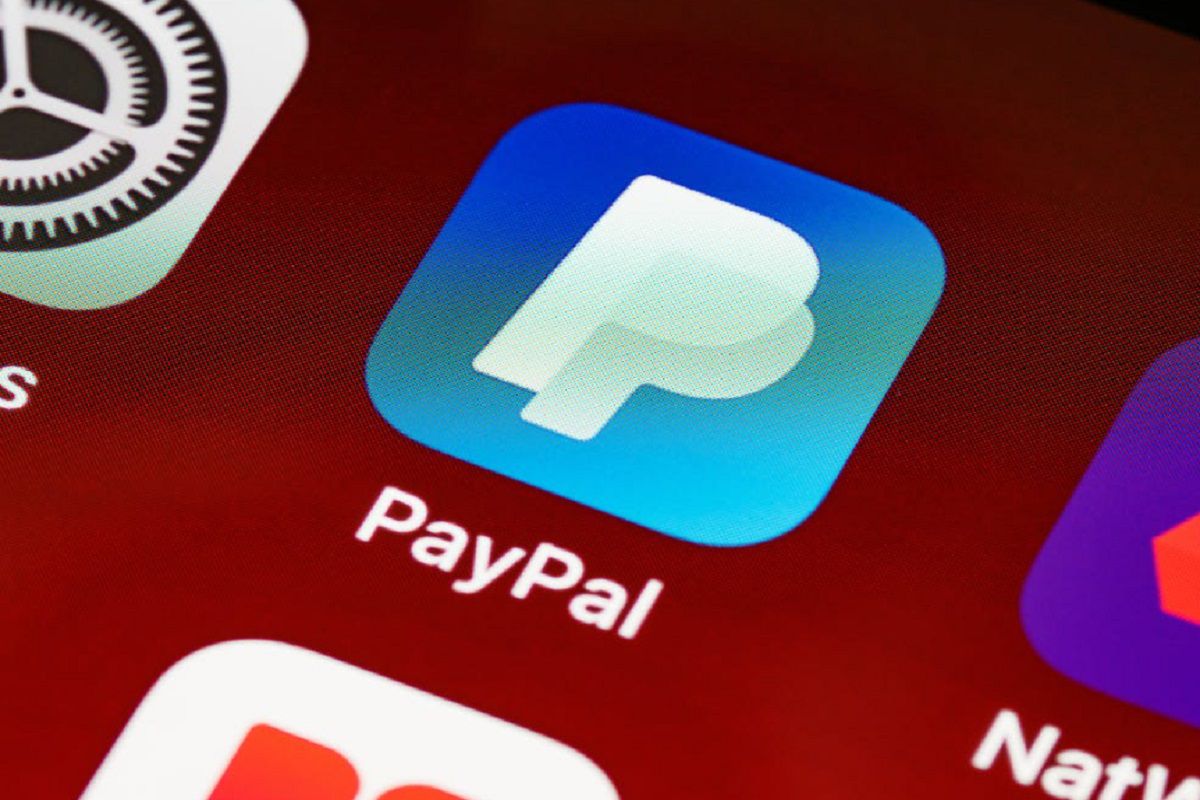PayPal Holdings rolls out a stablecoin.

This stablecoin is the first from a large financial company. Also, this virtual coin, according to experts, has the potential to become a significant step in the gradual introduction of digital tokens in the payment sphere.
PayPal USD (PYUSD) was issued by Paxos Trust. The stablecoin is fully backed by deposits in US dollars, short-term Treasury bonds, and similar monetary equivalents. This was announced on Monday, August 7, by a payment company from San Jose, California.
The new stablecoin is pegged to the dollar. Cryptocurrency will gradually become available to PayPal customers in the United States.
The company’s chief executive Dan Shulman sees PYUSD as a way to strengthen the firm’s dominance in the field of digital payments. In his opinion, the use of technology that allows instant transfers with less financial costs and without the need to participate in the operation of a central intermediary will contribute to achieving the goal.
According to the results of the last 12 months, the value of PayPal shares has shown a decline of more than 35%. This result is the sixth worst indicator in the Nasdaq 100 index. This trend is explained by the fact that the surge in online payments, which was observed during the coronavirus pandemic, has declined.
Dan Shulman, who plans to retire in the coming months, said during a conversation with media representatives that over time, stablecoins will become part of the overall payment infrastructure.
Stablecoins, which are cryptocurrencies tied to an asset like the dollar, have been around for almost a decade. In most cases, such a currency is used by traders to move digital assets between exchanges. The scale of the presence of stablecoins in the structure of consumer payments is limited.
Currently, there are approximately $126 billion worth of stablecoins in circulation, the largest of which is USDT Tether Holdings Ltd. Some attempts to launch this currency fail. An example of this is the failed Meta project. Last year, the tech giant’s efforts faced a sharp reaction from regulators.
PayPal suspended work with PYUSD in February. At that time, regulators demonstrated increased control over the cryptocurrency. Currently, the company says that the current state of affairs in the regulatory environment is characterized by a greater degree of clarity and a better understanding of the prospects. According to Jose Fernandez da Ponte, head of PayPal’s blockchain and digital currencies team, it says that there is an increase in demand for alternative stablecoin.
PYUSD is designed to be exchanged for dollars at any time. Also, the stablecoin can be exchanged for other cryptocurrencies available on the network PayPal. Another way to use the token is to pay for purchases. Soon, the stablecoin will be available in the PayPal Venmo payment application. Users will be able to send their tokens between PayPal and Venmo wallets.
PYUSD can also be transferred to compatible third-party wallets outside of the PayPal network.
Currently, the San Jose-based payment company serves more than 431 million active accounts worldwide. The firm first launched cryptocurrency services in 2020. The company allows users to buy, sell and make payments using multiple tokens through its platform.
Last week, PayPal announced the need to set aside more money in the second quarter in order to cover overdue loans that were provided to merchants. Against the background of this news, there was a one-day drop in the value of the company’s shares, amounting to 12%.
PayPal expects PYUSD to be used mainly in the cryptocurrency and web3 sectors. In this case, such areas of application as digital token trading and in-game payments are envisaged. Gradually, the stablecoin will be used for money transfers and micropayments.
As we have reported earlier, PayPal Rolls Out Passkeys for Google Android Devices.









